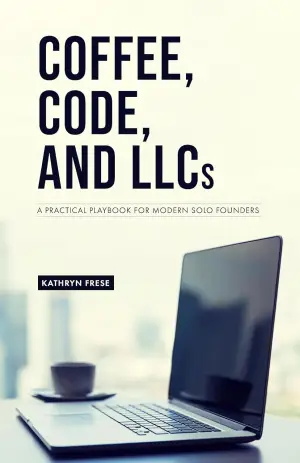We Could Be Rats: A Journey Through Shadows and Wit
When I first stumbled across We Could Be Rats by Emily Austin, I couldn’t help but feel an intense pull; there’s something undeniably magnetic about exploring the complexities of familial relationships, especially when steeped in dark humor and harsh realities. Despite my past hesitations with Austin’s work, my curiosity got the better of me, and I dove in, ready to grapple with its heavy themes and unique narrative style.
Austin’s latest novel centers on the tumultuous lives of Sigrid and Margit, a pair of sisters navigating the gritty dynamics of their dysfunctional upbringing. The story opens abruptly, with Sigrid attempting to pen a suicide note—an impactful start that encapsulates the book’s overarching themes: mental health struggles, self-harm, and a suffocating family history riddled with pain. Through these girls’ eyes, we confront the very real effects of physical and emotional abuse, grief, and misunderstood youth.
What struck me profoundly was the contrasting narrative voices of Sigrid and Margit. Sigrid’s frayed despair is juxtaposed with Margit’s attempts to gloss over the chaos with humor—indeed, the sisters are almost fraternal twins in coping mechanisms yet fiercely distinct in how they face their truth. Austin’s choice to weave the story through Sigrid’s raw, jaded perspective, accompanied by Margit’s slightly more polished revisions, adds depth to their shared experience. It’s a clever execution, inviting readers to scrutinize not just the words on the page but the silences that linger beneath.
Stylistically, Austin’s approach is both candid and reflective, employing a disjointed flow that mirrors the chaotic lives of her characters. This lack of a seamlessly linear narrative might be challenging for some; however, I found it to be a brilliant representation of how emotions can spiral and intermingle, much like life itself. The humor, albeit dark, serves as a poignant counterbalance to despair, reminding us that laughter often masks deeper sorrow.
One quote that resonated with me encapsulates this bittersweet dance between vulnerability and defense: “Behind the scenes of this letter is the truth.” For Sigrid, this truth is entangled with her struggle against the weight of expectations set by her parents and her own yearning for acceptance. As a reader, I couldn’t help but feel a deep empathy for the sisters, whose attempts to navigate their internal and external worlds felt painfully relatable.
Ultimately, I wouldn’t classify We Could Be Rats as a light-hearted read; it’s a book that demands reflection and sensitivity. The themes explored may not resonate with everyone, particularly those sensitive to discussions surrounding mental health and familial trauma. However, for readers seeking an authentic exploration of human struggle mixed with dark humor, this book is a must-read.
In conclusion, I believe this work will resonate with those who appreciate an honest, raw portrayal of life’s complexities. Austin’s ability to strike a balance between humor and poignancy leaves a lasting impact, making us reflect on our own narratives and the unspoken challenges many face. If you’re ready to dive into a world laced with sharp wit and heart-wrenching realism, We Could Be Rats waits for you with open arms and a knowing nod.






